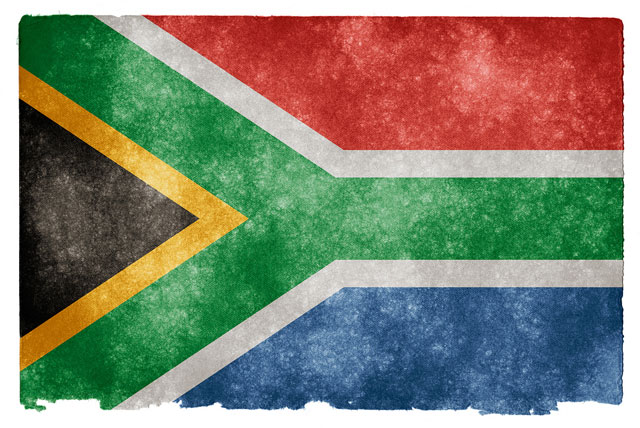
South Africa has been known as the continent’s second-largest economy since Nigeria re-based its GDP data in early 2014. However, the IMF World Economic Outlook released in mid-April provided more sobering GDP statistics for South Africa.
Not only did the multilateral organisation suggest that the South African economy would grow by a mere 0,6% this year, but also that the country is now only the third-largest economy on the continent behind Nigeria and new silver medallist Egypt.
Nigeria’s re-basing exercise some two years ago revealed that the oil-dependent economy was almost twice as big as previously thought. The country’s National Bureau of Statistics ensured greater measurement of the informal sector, the inclusion of 46 industries from a previous 33, as well as methodological changes to measuring service sector activity with the re-basing.
Backward adjustments to GDP indicated that Nigerian GDP in US dollar terms surpassed its South African equivalent in 2011. By the end of 2015, Nigeria’s GDP was measured at US$490bn compared to South Africa’s estimate of $313bn.
South Africa recorded a decline in the US dollar value of its economy during 2012-2015 because of slowing real growth (in local currency terms) as well as a depreciation in the value of the rand. The South African currency weakened from an average of R8,20/$ during 2012 to an average of R12,74/$ in 2015 — that is a depreciation of more than 50%. As a result, the nominal US dollar value of South Africa’s GDP declined by an average of almost 7%/year over the past four years.
In the meantime, Egypt’s nominal US dollar GDP expanded by an average of 7,5%/year during 2012-2015. The Egyptian pound’s depreciation during 2012-2015 was at a notably slower pace compared to that of the rand.
Since early in 2011, the Central Bank of Egypt has tightly managed the pound, resulting in a milder depreciation compared to the free-floating South African currency. This contributed to Egyptian GDP eclipsing its South African counterpart during 2015. Were it not for the rand’s slump, South Africa would not have surrendered its second place during 2015.
Looking ahead, the IMF World Economic Outlook has not ventured any guesses as to the trajectory of Egypt’s GDP in US dollar terms from 2016 onward. While the country’s local currency GDP is forecast by the multilateral organisation, there is significant uncertainty as to the short- and medium-term trajectory for the Egyptian pound. As a result, converting local currency GDP projections for Egypt to US dollar equivalents is rather challenging.
Business Monitor International has, however, made some exchange rate assumptions and its data points to South Africa being unable to retake the continent’s second-place position anytime soon.
Admittedly, South Africa remains the continent’s most developed economy, and has a more diversified economic base than the Egyptian economy. However, its fall from first and now second place among the continent’s giants is of great concern, especially as this development is largely attributed to weakness in the rand that, in turn, has largely been as a result of domestic issues.
- Christie Viljoen is an economist at KPMG Services

